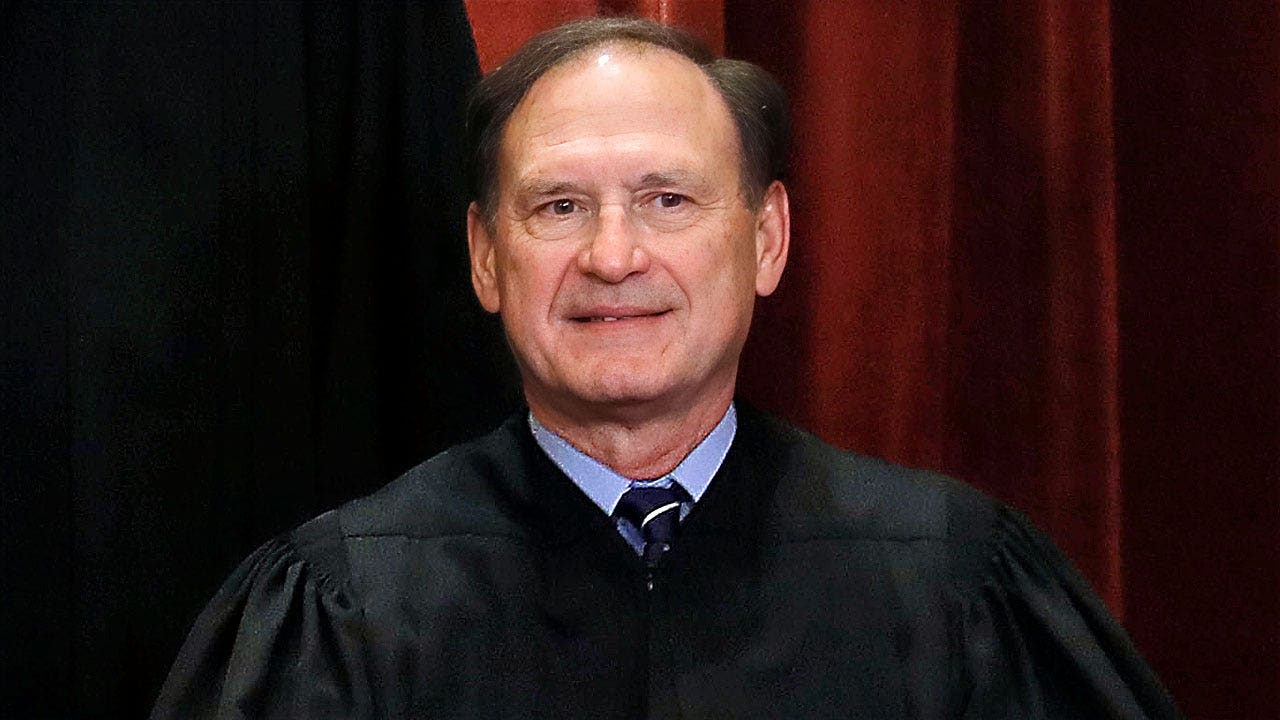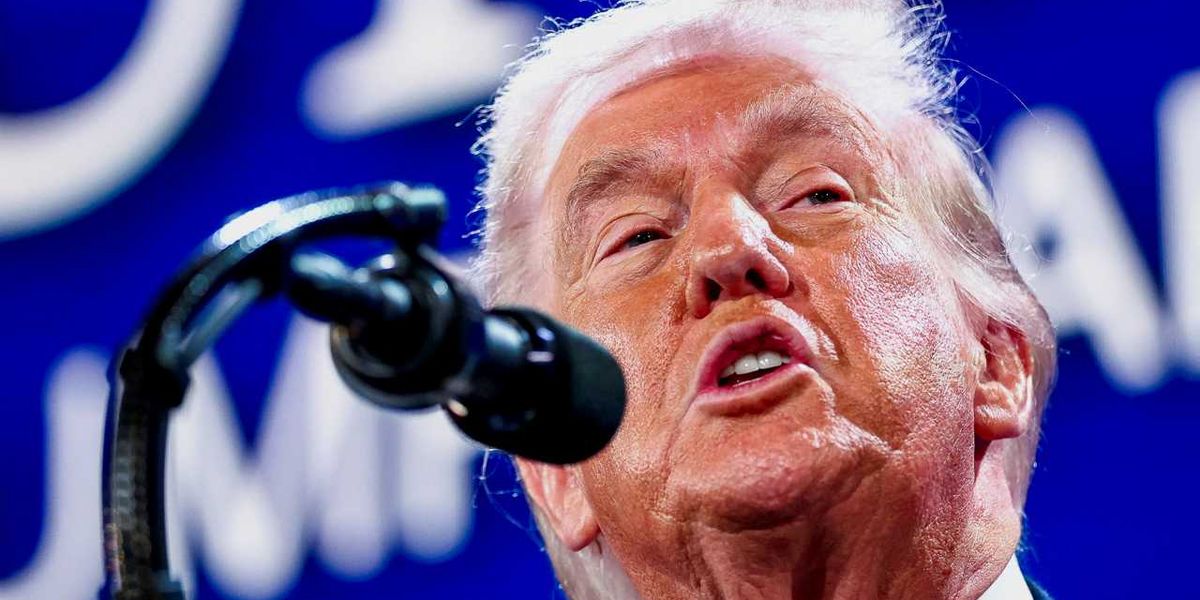#1 out of 2
politics22h ago
I worked for Justice Alito. What I saw up close shatters the media smear
- A Louisiana solicitor general and former clerk recalls Justice Samuel Alito as kind, humble, and thoughtful in chambers.
- The author disputes media depictions of Alito as 'aggrieved' or unhappy, calling them a false narrative.
- The clerk describes how Alito lightweight workloads for clerks and rarely raised his voice.
- Lunches with the justice were simple, sometimes with Campbell’s soup, illustrating his modest approach.
- The clerk recalls the justice’s supportive reaction to family visits and personal moments.
- The article frames the clerks’ experience as evidence against a stereotype of the justice’s temperament.
- The author emphasizes Alito’s quiet leadership and appreciation for clerks’ efforts.
- The clerk attributes personal growth to Alito’s mentorship during the year in chambers.
- The piece frames Alito as deeply thoughtful in handling his duties and clerks’ workloads.
- The article presents a personal narrative that counters broader media narratives about the justice.
Vote 0

